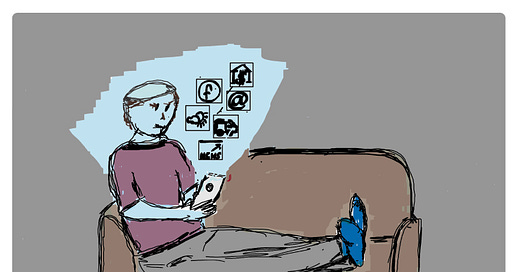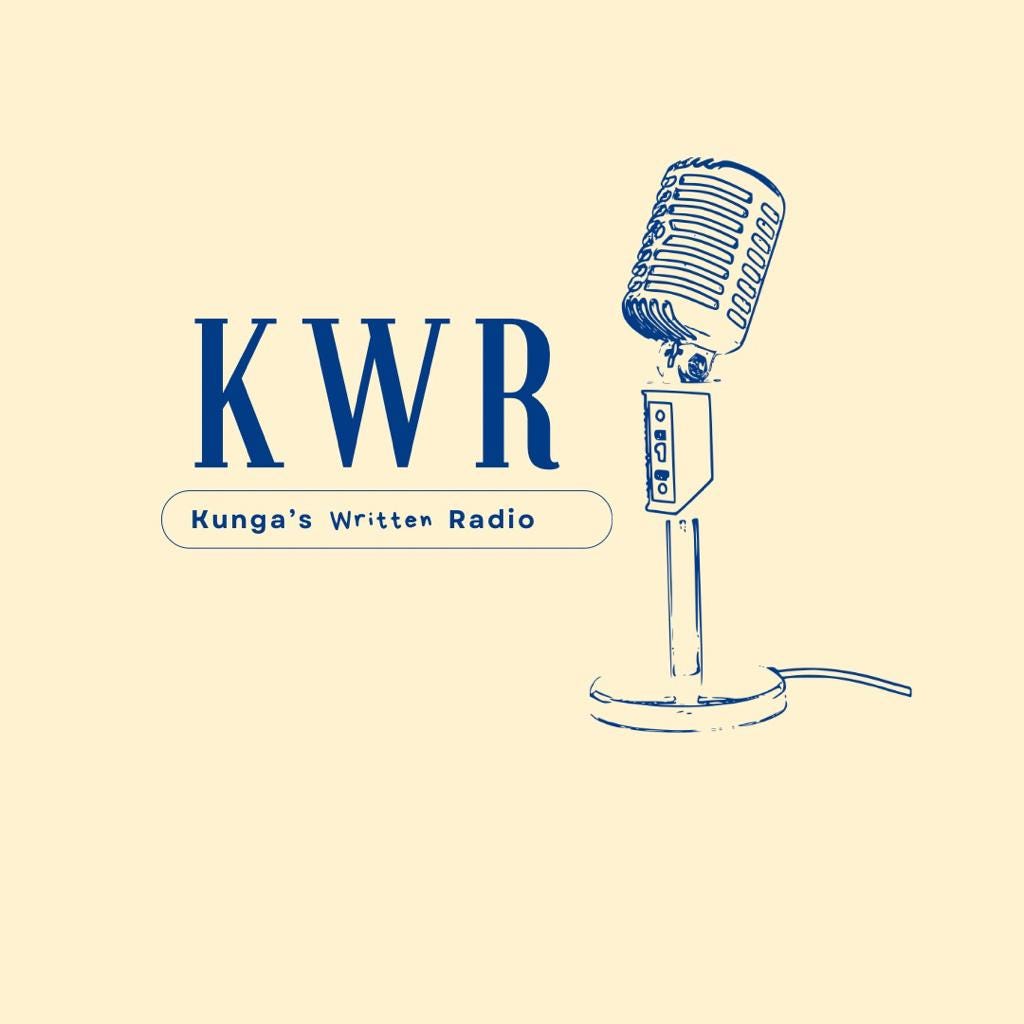Hello everyone, today’s broadcast will be about perhaps the strongest drug of all: not nostalgia, not love, not cocaine, but convenience. It’s addictive nature affects almost all of us, and people will much quickly riot over losing some level of convenience over something that is actually much more important in the grand scheme of things. But nothing in life is free, (apart from attention, you should never pay for it),so, what it the cost of convenience? What are we giving up in return for a slight modicum of comfort? Let’s dig deep into the world of convenience.
A Quick Example
The simplest example of the cost of convenience are convenience shops- small and local, their close proximity to one’s bed is their main attraction. There is a benefit to not having to go to a huge shop for one small thing that you need for today’s meal. However, this does have a pure monetary cost: One could be spending up to extra £15.73 on average a week in the UK if they shopped at convenience shops as opposed to larger chain supermarkets.
This same principle applies to any shops in airports or train stations, vending machines; food stalls: all are strategically placed to capture a market of customers who forget to bring their own or really want something, but are unable to go find a larger, cheaper shop.
Atmosphere level
So perhaps the easiest cost to distinguish is the one that has clear monetary value: Ranging from service fees, delivery fees, bagging fees, tips, faster check-in: next day delivery. Any type of extra cost in order to do or get something slightly faster is the marginal cost of convenience. There are a myriad of ways to spend your money just to have something a little faster, a little better, a little more convenient.
The Crust
However, convenience isn’t the be-all and end-all. When it comes to it, we still value our safety over it. it is which we exchange, not too dissimilarly to a currency, our level of convenience for a level of safety. The easiest example that comes to mind is airport security- we are willing to spend some time in queues, with the eventual hassle of taking out devices, anything over 100ml and all the other hassle to get through the level of security. We even tacitly agree to wait in a line at immigration, to ensure that everyone coming in or our is who they say are.
But much like a currency, our mood fluctuates depending on the time and convenience sacrificed for this level of security. We gloat to friends and family when we zoom through security, and are always quick to complain if it takes longer than we expected.
Again, similar to a currency, different people value convenience differently. Some see it as the best luxury one can have, always opting to take a car or order food or delivery option, while others prefer to get work done themselves, or spend the time to make it themselves.
I’d also argue that a discovery of unexpected convenience is perhaps one of the happiest and halcyonic emotions that could happen to someone: That indescribable burst of happiness when you realise that something that you would’ve have to do is done. It can also be seen as one of the ultimate acts of love, doing the little things for someone else: perhaps the best way to show your affection for someone is to go out of your way to do something for them, so they don’t have to.
A Brief Tangent
Of course, the flipside is also true. The soul-crushing feeling of immediately having to go out of your way to do something small but necessary is enough to cause even the strongest willed among us to fall to our knees. Imagine the anguish of spending an hour in the kitchen cooking up a storm, plating everything and making sure everything tastes good, taking it to the living room, sitting down getting comfortable ready to dig in until you realise you forgot your fork in the kitchen.
It’s only a couple steps and a couple of seconds of your life, but nevertheless it is such a demoralizing event: I’m struggling to explain it, but i know at least a few among you can relate and empathise.
It’s happened to me more times than was deserved, and I wouldn’t wish it on my worst enemy.
The Mantle
Humanity is remarkably good at generating convenience. However, this is often enjoyed by a much smaller percentage of the global population than most would consider fair. The success of driving down prices for goods which were designed, resourced and made from all corners of the world is arguably as much a triumph of logistics, innovation and efficiency as it is exploitation of resources and humans alike.
There are an unbelievable number of stories relating to suffering and controversies that stem from the economic beast of the world, from children being trafficked to work on cocoa farms, Nestle stealing water, preventing local access, why the US trucking industry has employee turnover as high as 94%, just to name a few. These issues plague our system worldwide, and are unlikely to be solved anytime soon.
So what can we do to counter it? Often one touted solution has been to implement a ‘fair trade’ system, rewarding ethical corporations and entities with a mark to stand out from the rest. However, with companies beginning to create their own certifications to certify their own products, this begins to sow doubt about how effective these certifications really are.
But in the end, it created a win-win-lose situation: Companies win as with their self-created certification they have a justification to charge higher prices, consumers win with more convenience as by paying an additional premium to their goods, they can alleviate the worry or guilt as to how these goods or services came into their hands, while the workers, farmers, truckers and others further down the logistics chain lose as they bear the true cost of our convenience.
Digging into the outer core
One thing about convenience is its addictiveness, and its subsequent repeatability. Once something is conveniently accessible, as our use of it increases, so does our enjoyment of it. So much so that over time it inures our ability to appreciate this convenience, becoming a set expectation. At this stage, we have the convenience, but we lose the benefit and appreciation we once had for it.
We then need to dig deeper, search wider for more sources of convenience to try to replace that sensation of ‘saving time’. Often this manifests into shortening or skipping routines, taking short cuts whenever we can. While it may help us achieve this goal of gaining convenience, it often results in a net loss of benefit for us.
Reaching the Inner Core
As society has evolved, so has our ability to have convenience, and even more so our appetite for it. More and more technology or developments have been made to ensure things are done for us, give us more and more free time, and enable us to expend as little effort as possible.
Whether it was the car or the train that cut down on travel time, dishwasher and laundry machines that ensured less time was spent on daily chores, radio and TV’s enabled us to learn about the news and events without dedicating time to reading a newspaper, new service sectors such as delivery, cleaning or fast-food has further reduced time and effort spent in doing daily tasks.
However the king of change that looms over all is the internet, a scythe that potentially lays waste and cuts down time spent on almost everything: one can find any specific book they want in seconds rather than going to a library and scouring shelves for the right one, one can access most of known information known to man in as much time as it takes to ask the question out loud, an endless march of entertainment is only a few clicks away and can get anything delivered, sometimes even in the same day.
However, as good as all of these things are, and don’t get me wrong, these things are an impressive achievement of humanity, they do pose some existential deleterious threats. This incredible level of convenience means that little effort or work is demanded of us to get what we want: it is not unfathomable that someone could literally live off their phone, not having to ever leave their couch.
If most of us are not to that level, a significant part of our lives are now consumed with being online or on our phones. But with so much being done for us, we are losing the skills, motivation and overall ability to do things. We become gradually more reliant on these easy conveniences that someone who regularly orders food would struggle to make their own meal, someone who only texts and communicates online struggles at a party, someone who scrolls for entertainment struggles to enjoy themselves when the internet is inaccessible.
We have so much time on our hands, and yet we manage to wither it away. With the allure of convenience, it is harder to try new things or explore. New things are often hard, and you are often terrible at them at first, which dissuades many from keeping at it or trying out something else. The temptation to just stick with the easy, familiar convenience is almost irresistible.
In essence, we become emptier, shallower; less interesting as a person, just a mere shell of a someone who used to have interests, hobbies and goals that extended beyond the confines of their phone case. Never so much has humanity had so much time saved through modern conveniences- and never so much has time just been wasted.
Coming back up for air
Conveniences are great. They make things easy. We like easy. Many of us are addicted to easy. But that shouldn’t be the only thing in our life. At the very least, it should seen as a midpoint, to give us more time to do more things, not as an endpoint. It's the easy we crave, but it's the hard that makes us human, and we shouldn’t forget that.
Make sure to give this broadcast a coherence score!
That’s all from me for now, but stay tuned for future broadcasts,
This has been Kunga’s Written Radio,
Check out the last broadcast here →










